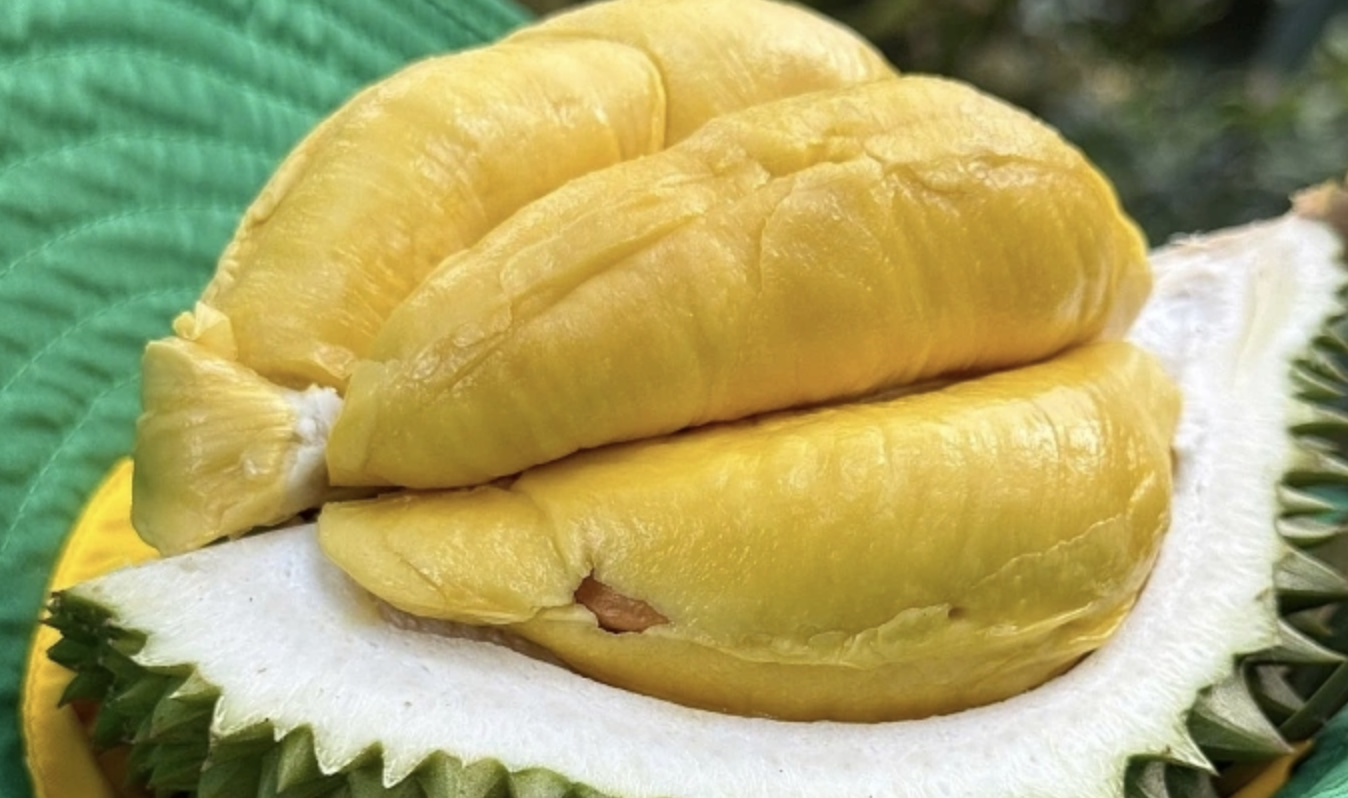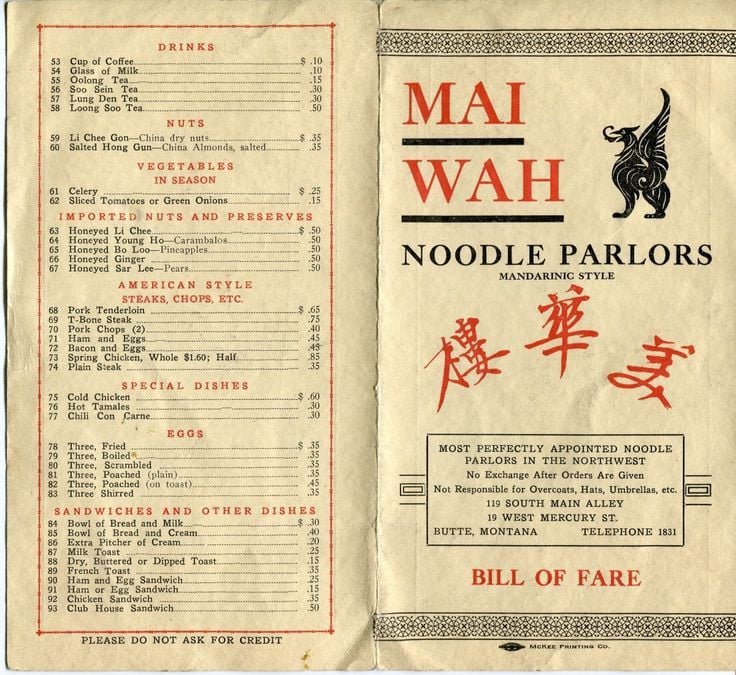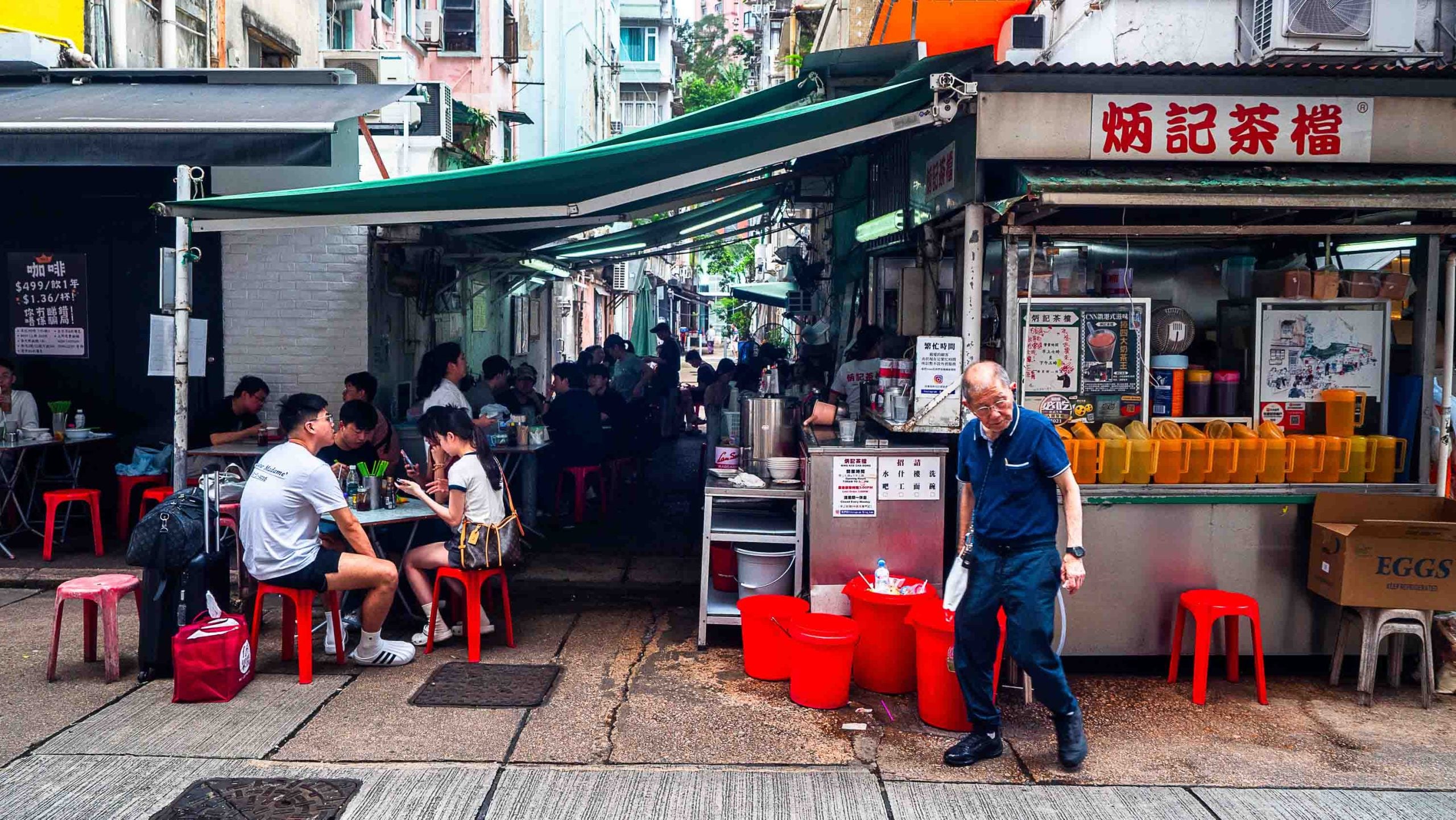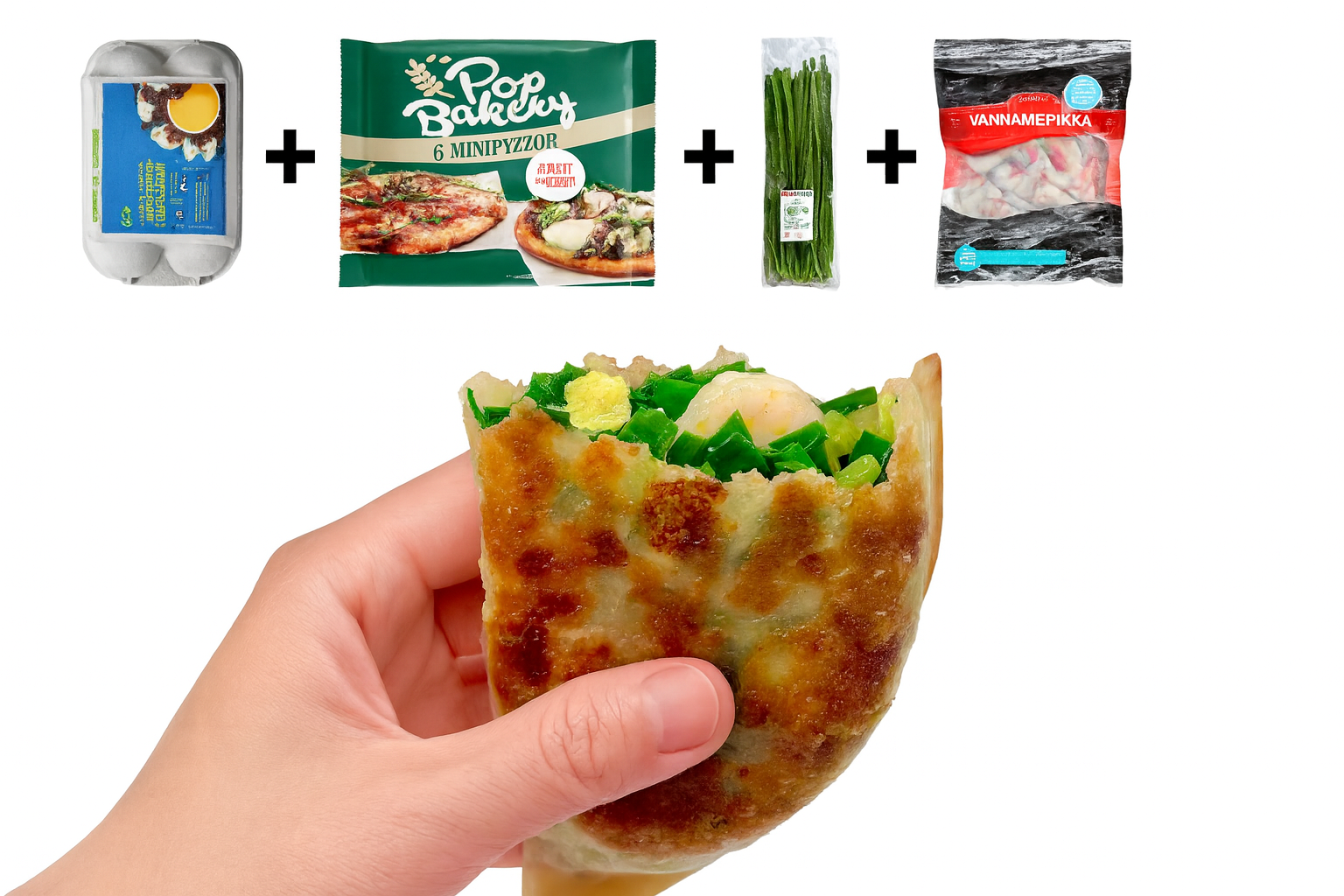As if we needed one, 11.11’s festival of consumerist bacchanalia was a reminder of China’s e-commerce boom and overall swing towards “new retail” in recent years. But the creep of technology into every sphere of shopping in China isn’t only limited to stuff people don’t really need — it’s affecting every day items such as food too. Today, you can shop for groceries on Taobao (“China’s Amazon”) as easily as on Eleme (“China’s Seamless”).
Amid the rush to get consumers to swap traditional street corner fruit and vegetable markets for an app on their phone, one niche company is at least aiming to ensure that all this ultra-convenience doesn’t completely destroy the environment or customers’ diets.
Beijing-based app Meicai (美菜 “beautiful vegetable”) connects farmers with buyers — both at home and in the restaurant business. The idea is to cut out the middleman, while supporting smalltime agriculture and providing consumers with affordable, farm-fresh food in one fell swoop. And having just raised 600-800 million USD in a recent funding round at a valuation of about 7 billion USD, Meicai is poised to make an impact.
But will the app prove fleeting, like so many dietary New Year’s resolutions, or is it here to stay?
What is Meicai?
If you’re tired of making the trek to the grocery store or wet market, Meicai has your back.(“Wet markets” are traditional fruit, veg, and meat markets that used to be a feature of most street corners in Chinese cities, but are increasingly being replaced by modern supermarkets.)
Customers can get their produce delivered straight from the farm to the comfort of their own homes via Meicai’s website or phone app. Established in 2014 by former rocker scientist and astrophysicist Liu Chuanjun, Meicai aims to provide “time-saving, labor-saving, money-saving and worry-free raw materials”. Customers range from your average grocery shopper, to 10 million small- to medium-sized restaurants or produce shops across 100 available cities.

Meicai’s smartphone app lets you order produce to your house, with a layout similar to food delivery apps such as Ele.me. You can browse through different categories of fruit, vegetables, and meats, take a peek at the list of commonly ordered items near you, and check out a range of suggested recipes for certain items. Interestingly, in an era when traceability is becoming more of a concern to middle class Chinese shoppers, the app doesn’t yet offer the chance to see which farm or region your produce is coming from or whether your order is organic, though it will tell you whether it’s being transported in cold storage or not.
After you’ve ordered, you can check up on your food to see which stage of the journey it’s in. Once your delivery has arrived, you can rate it out of five stars and give your favorite vegetables the recognition they deserve.

A socially aware start-up
In cutting out the middleman, Meicai hopes to provide fresher, lower-priced ingredients to restaurants and produce shops, and also allow for more of that money to make it back into the farmers’ pockets. In a country where agriculture is still a major employer, that cause already sounds noble enough, but Meicai doesn’t stop there.
Teaming up with the China Red Cross Foundation, they run a host of charity/social projects: the Most Delicious Food Public Welfare Group brings attention to the more vulnerable people in the agricultural product supply chain, while their Little Bird Care program and Most Beautiful series of social projects all aim to alleviate the burdens facing rural, low-income families, such as poorly-equipped schools and unhealthy lunches for students.
In making such activities a cornerstone of what they’re doing Meicai is something of an outlier given Chinese tech start-ups are not always the quickest to consider corporate social responsibility programs.
The future of grocery shopping?
While the app might be revolutionary to some grocery shoppers, Meicai isn’t the only platform using cutting edge technology to deliver fruit and vegetables right now.
Alibaba-owned “smart grocery store” Hema and a number of standard take-out food delivery apps all allow customers to order produce from their phone. With major players like Alibaba and Meituan also involved, it will be interesting to see how a more niche app like Meicai plays its hand: will it take on the behemoths, sell itself to them for a huge payday, or just be crushed underfoot in the race to the top?
Related:
 Meituan: The “One-Stop Super App” That’s Hungry for ExpansionArticle Jul 04, 2018
Meituan: The “One-Stop Super App” That’s Hungry for ExpansionArticle Jul 04, 2018
While the convenience of couch-surfing your trip to the grocery store might be tempting, some will inevitably prefer seeing and feeling the real thing before buying it. How else will you scrutinize and squeeze your fruits and vegetables as though you know what you’re looking for when it comes to the ripeness of an avocado? Such apps can be useful when you’re slammed at work, but having the screen replace the personal journey of looking for the perfect apple or the least deformed potato may be a step too far for some. And as China has adopted digitalization at break-neck speed in many areas of life, there are signs of some push-back, such as in the rise of community supported agricultural projects.
Meicai’s app is certainly convenient, and their social responsibility work is to be admired, but only time will tell if it can outplay its competitors and displace those who prefer to pick their produce in person.
—
You might also like:
 JD vs. Alibaba: The War for China’s Fresh FoodArticle Sep 21, 2017
JD vs. Alibaba: The War for China’s Fresh FoodArticle Sep 21, 2017
 How Community Supported Agriculture is Taking Root in ChinaArticle May 01, 2018
How Community Supported Agriculture is Taking Root in ChinaArticle May 01, 2018
 “A Bite of China” Director Launches Mouthwatering New Food Documentary SeriesArticle Nov 08, 2018
“A Bite of China” Director Launches Mouthwatering New Food Documentary SeriesArticle Nov 08, 2018


















